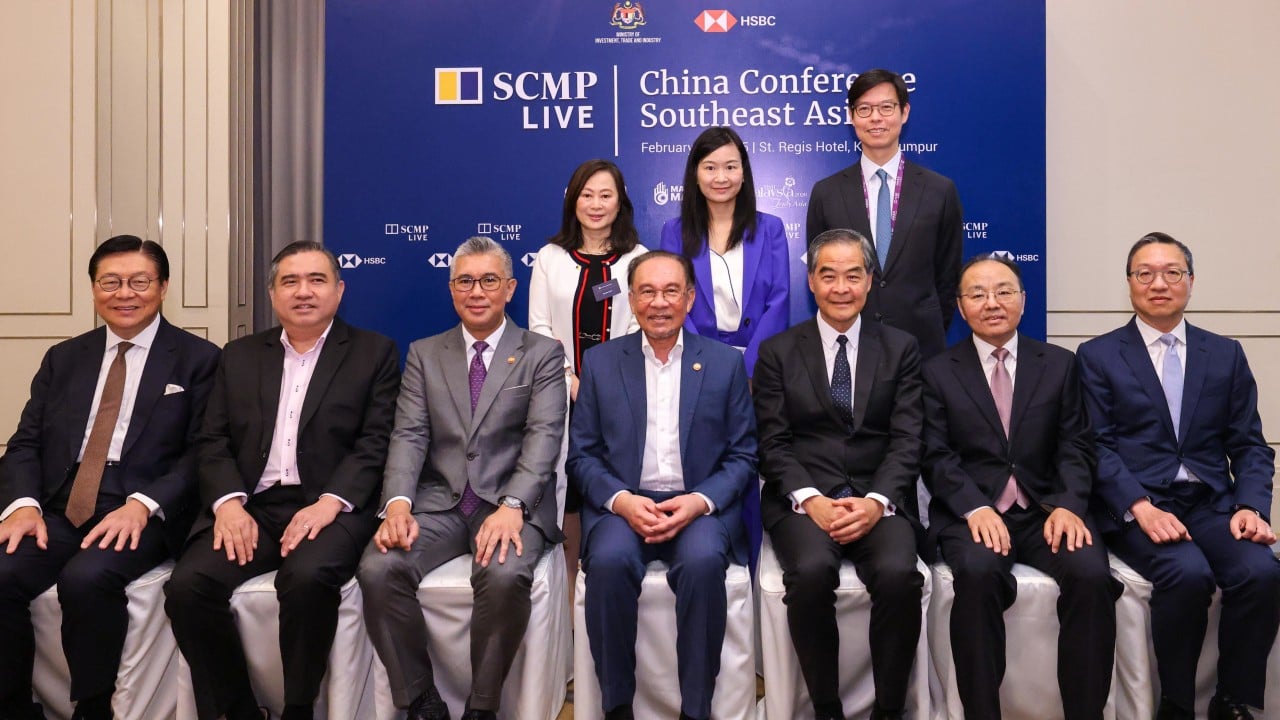The spectre of US tariffs loomed large in discussions across panels at the “China Conference: Southeast Asia 2025” on Monday, as Malaysia’s Prime Minister Anwar Ibrahim hailed the region’s economic potential while other speakers pointed to opportunities in fields such as artificial intelligence.
Advertisement
The uncertainty wrought by a new American administration under Donald Trump also presented a chance for Hong Kong to act as a “superconnector” between mainland China and the 10-member Association of Southeast Asian Nations (Asean), former city leader Leung Chun-ying said.
John Lee Ka-chiu, the current chief executive, pledged to make Hong Kong a Muslim-friendly destination to draw businessmen and tourists from the region.

Trump’s “unpredictability” and “bluster” were key themes raised across panel sessions at the one-day event in Kuala Lumpur, organised by the South China Morning Post, with concerns over the potential fallout from his broad tariff pledges tempering optimism that Asean could grow its clout as a major global economy.
Anwar stressed the need for Asean to grow its global linkages beyond traditional partners and establish itself as a reliable hub for international trade and investments.
This was necessary to mitigate the effects of external shocks, such as those posed by possible tariffs that Trump promised to impose on trade partners that had large trade surpluses with the United States, he said.
Advertisement
The Malaysian leader stressed that his country remained non-aligned and “will not be drawn into great power rivalries”.

